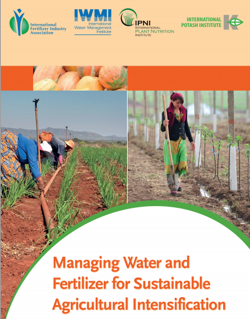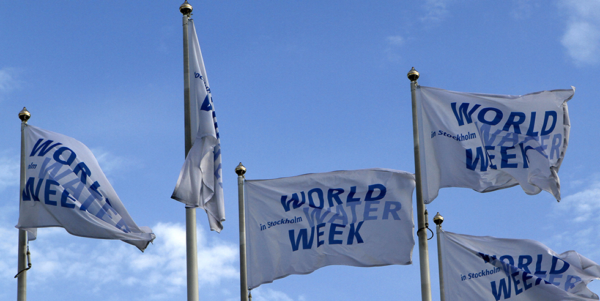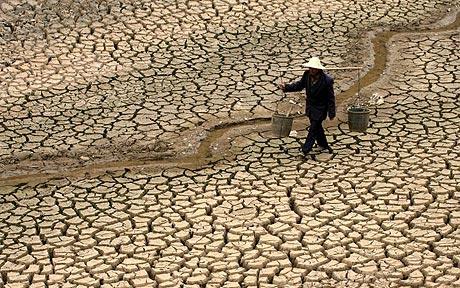Tag: World Water Week

New infographic: Managing Water and Fertilizer for Sustainable Agricultural Intensification
Global: This World Water Week, IFA and partners have produced an infographic that visualises the necessary steps for the optimization of water and fertilizer use.
Read MoreFarming in the Wake of Water Scarcity in Kenya
Africa & Middle East: This World Water Week, young Kenyan Environmental Scientist Hudson Shiraku tells us how Kenyan farmers are overcoming water scarcity.
Read MoreHighlights from World Water Week 2013
Global: World Water Week 2013, which took place in Stockholm from 1-6 September, ended with a call to action for the UN to consider water when establishing the Post-2015 Sustainable Development goals. This year’s event took place during the UN’s International Year of Water Cooperation, adding extra emphasis on the need for all countries, organisations and […]
Read MoreCooperating for Water Security – World Water Week 2013
Global: This week, from 1 – 6 September, world leaders, NGOs and businesses will gather in Stockholm to discuss the future of water security at World Water Week. Taking place during the UN’s International year of Water Cooperation the week will focus on ‘Cooperation for a Water Wise World’, which will include discussions on international cooperation, […]
Read More



